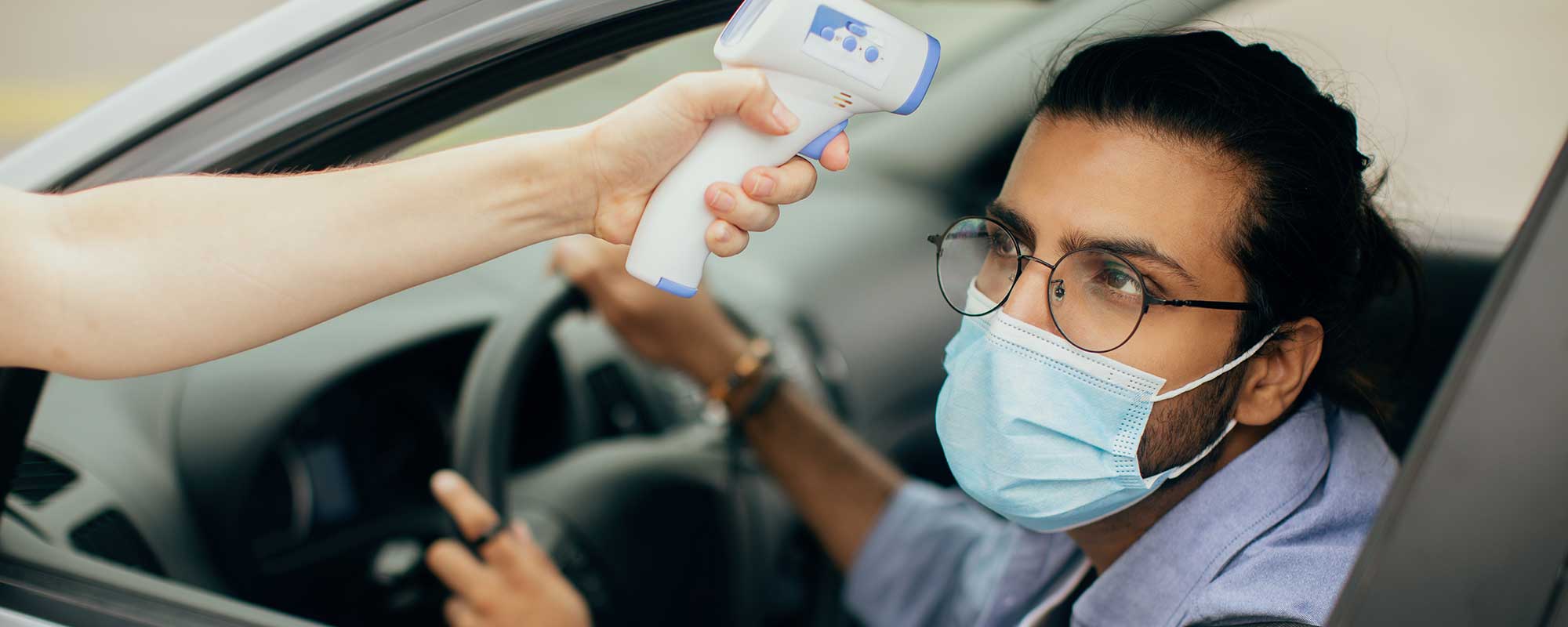October 5, 2020
Quebec’s new COVID restrictions are simultaneously strict and bewildering. Millions of Quebeckers in the ‘red zones’ will have to live under them for at least a month. The provincial government is turning to police – with enhanced powers designed to quickly enter people’s homes – to secure the population’s compliance. It is a recipe for rights violations on an immense scale and is fundamentally counter-productive approach to achieving public health goals.
In order for people to follow rules, they must be clear. Clearly written, clearly explained. Quebec’s new COVID restrictions fails on both fronts.
The legal language is byzantine, combining and amending rules set out in multiple overlapping legal orders. Even where the rules are clear they are also frequently difficult to follow. Anyone who has lived in an urban centre during this pandemic knows the impossibility of navigating city streets with a two metre bubble around you at all times.
The public messaging has not helped . As summarized by the CBC, the reigning public sentiment is confusion. At a Thursday press conference Premier Legault was peppered with journalists’ common-sense questions: Can children from the same class play together in the park? Can two people share the same car? Can two mothers walk together if their children are in strollers? At one point he became exasperated and just urged people to use their “common sense”.
And therein lies the problem. These are not public health recommendations, subject to what “makes sense” in the nuances and details of everyday life. They are laws. Strict rules. And non-compliance is subject to harsh legal penalties. The Premier says to exercise common sense, but he has not legislated something merely requiring common sense. Many following common sense will end up with a $1500 ticket.
So who will be the on-the-ground arbiter of the law and of common sense? The police.
Quebec police have specifically been told that they need to be out in force to secure compliance. Police have also been given access to rapid telewarrants, with the stated goal of getting into people’s homes quickly, without residents’ consent. Because the underlying laws are so broad – the baseline in the red zone is no indoor or outdoor gatherings – there are lots of “suspicious” gatherings that the police could want to investigate. The potential for abuse – unreasonable searches, arbitrary detentions, racial profiling and harassment – is immense.
This is a public health crisis, not a public order crisis. We need people to go get tested. To follow public health advice. To be forthcoming about the dinner party they had the night before they got a positive COVID test. And to know where to go to receive the supports they need if don’t have a safe place to live or to self-isolate.
If a government could crack down on a virus, they would, but they cannot, literally, crack down on a virus. So Quebec has turn to sticks. Sticks wielded not against the virus, but against the people who elected this government.
The Quebec sticks are heavy fines, and they’re wielded by police. The one message that is coming through loud and clear is that a person’s home is not their castle. The police can and will invite themselves in, it has been said and heard, loud and clear.
That’s frightening for many, especially those already fearful of the police. Many who belong to racialized and Indigenous communities know all too well what increased police presence and powers means for them. Repressive measures get in the way of providing services and supports to those community members that need it the most.
These lessons should have been clear from the first wave of COVID.
As demonstrated by CCLA’s June report on overzealous enforcement, BC was able to flatten its initial COVID curve almost exclusively with public health recommendations and education, testing and contact tracing. They gave clear, calm advice. The population responded. Public health experts followed up. The virus was controlled. Quebec, in contrast, turned quickly to police and punitive fines to coerce the population into lockdown. Infections soared. And by the time the first wave had passed, police had handed out thousands of tickets – the most in the country – and over 10-million dollars in fines.
Our discussions with individuals and organizations on the ground during the first wave in Quebec informed the findings in our report and confirmed our worst fears: the most marginalized and criminalized people suffered when police were deployed to the front lines of a public health crisis. As would be expected when police are deployed to the front lines of a public health crisis, the most marginalized and criminalized people suffered. Just last week dozens of Quebec civil society organizations and advocates joined to call for a complete amnesty for those who were ticketed in Quebec’s first wave. They highlighted the increased police repression and discrimination that followed Quebec’s punitive approach, burdens that were disproportionately shouldered by those who traditionally bear the brunt of over-policing and unnecessary criminalization. Black people, urban and remote Indigenous people, and other racialized and marginalized groups, including homeless and under-housed people, migrants, LGBTQ2S+ communities, sex workers, people who use drugs and people living with mental health issues.
But instead of engaging meaningfully with the efficacy and negative impacts of turning to law enforcement, the Quebec government has doubled down on its punitive approach. It is a move that will serve to marginalize those who most need support. Galvanize those who already distrust and resent the government. And undermine the essential public health work that should be the crux of the government’s response.
About the Canadian Civil Liberties Association
The CCLA is an independent, non-profit organization with supporters from across the country. Founded in 1964, the CCLA is a national human rights organization committed to defending the rights, dignity, safety, and freedoms of all people in Canada.
For the Media
For further comments, please contact us at media@ccla.org.





